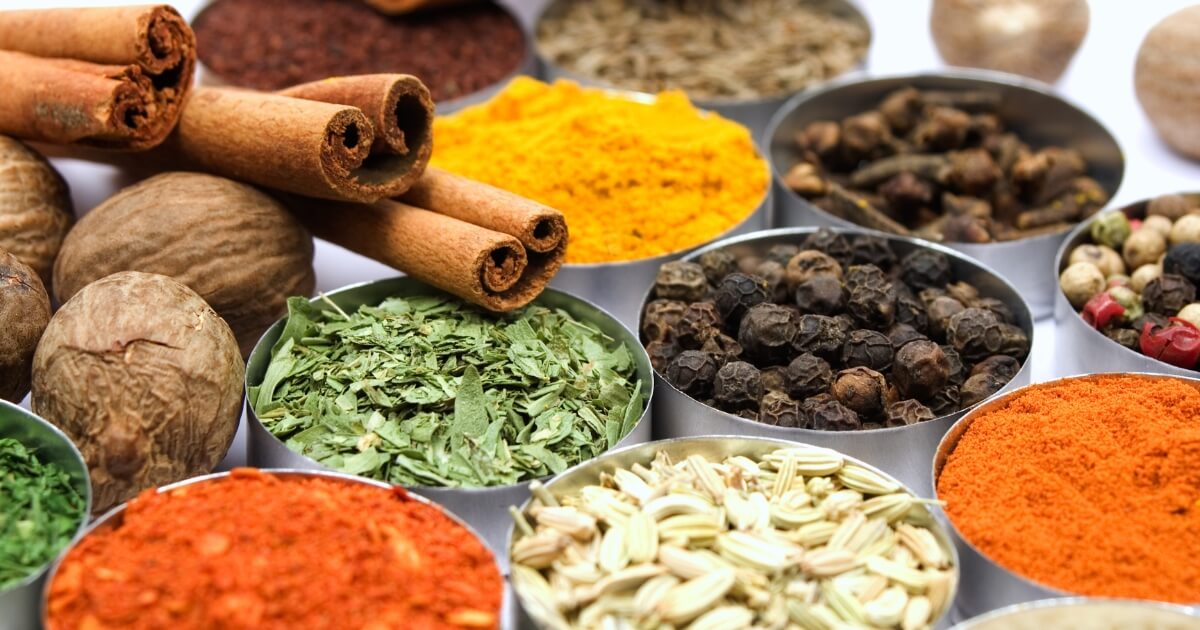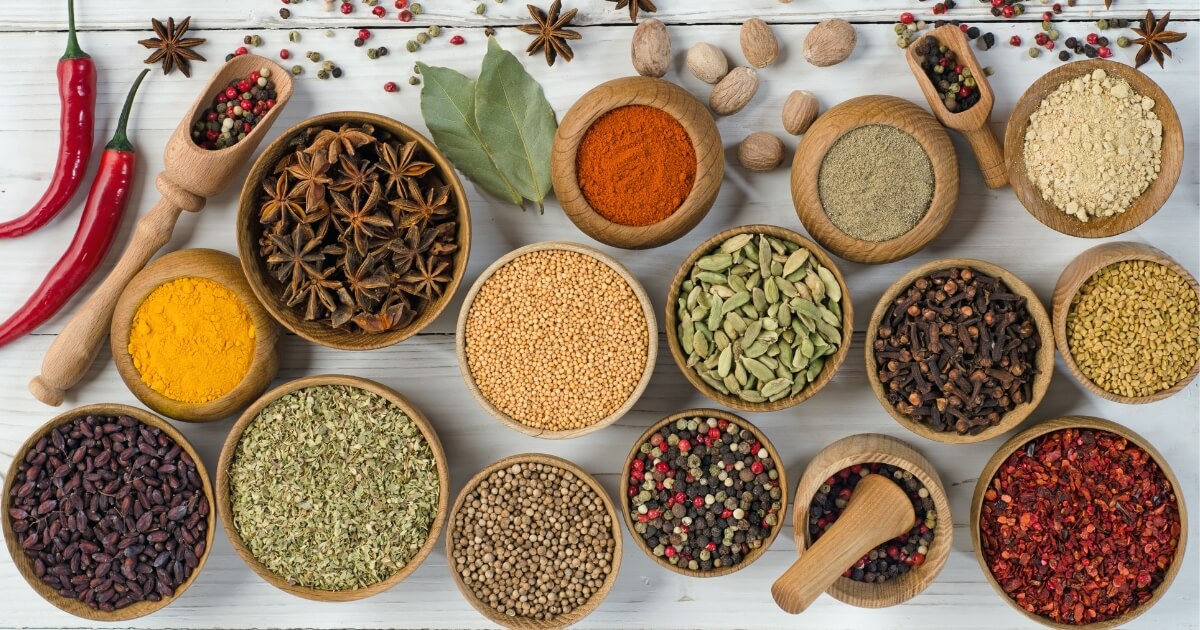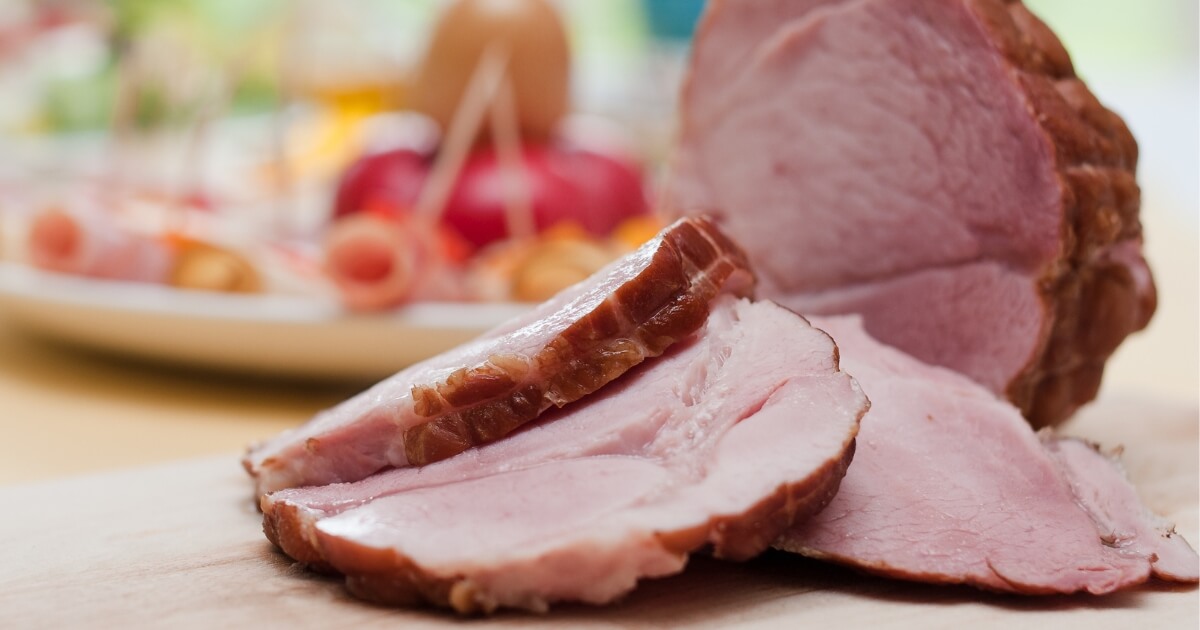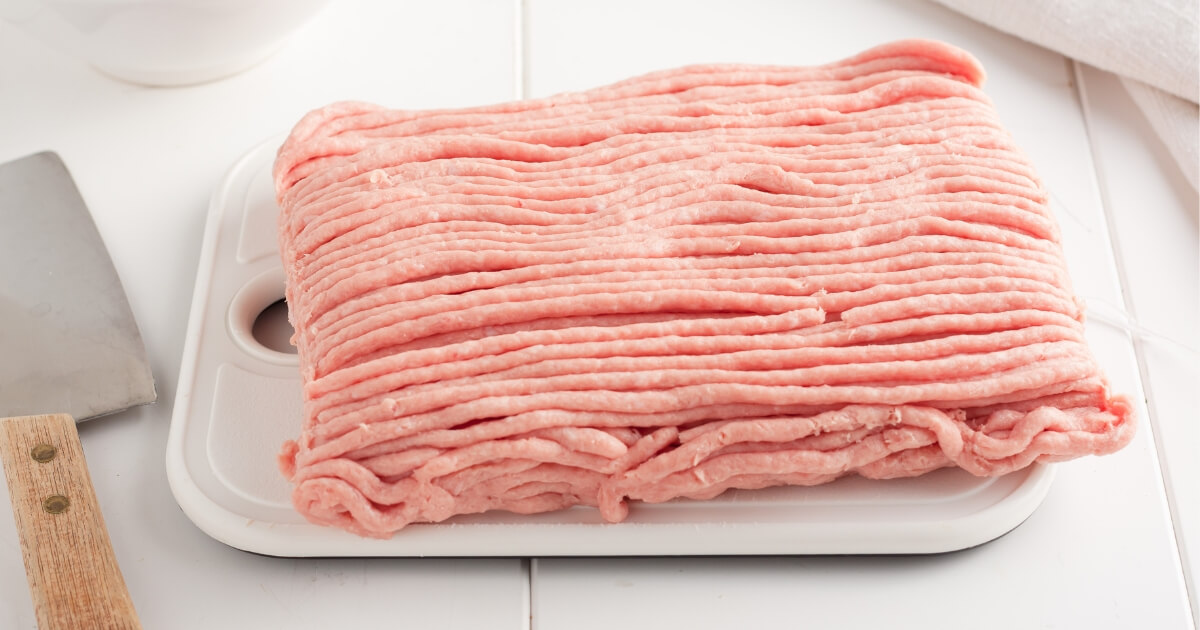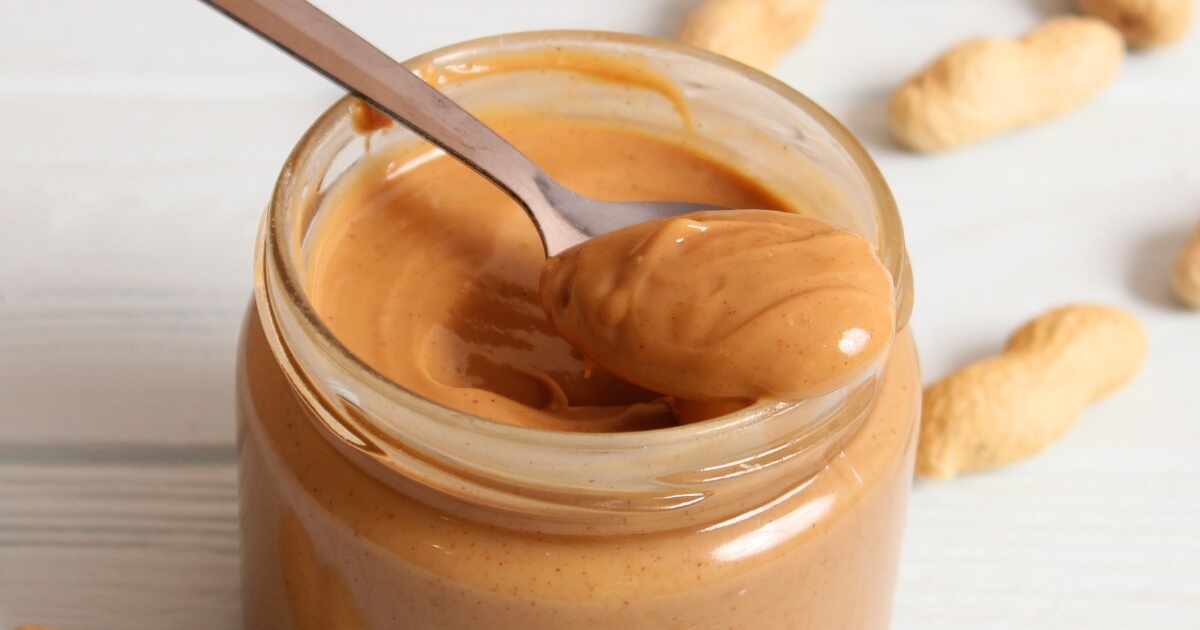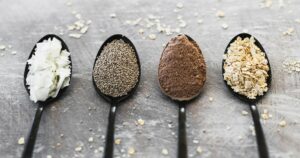When it comes to a satisfying spread for your morning toast, the choice between almond butter and peanut butter can be a tough one!
I remember the first time I tried almond butter. Its rich, nutty flavor was a delightful change from the classic peanut butter I grew up with. Yet, the subtle differences in taste, texture, and nutritional content started a curiosity that led me to compare these two popular spreads.
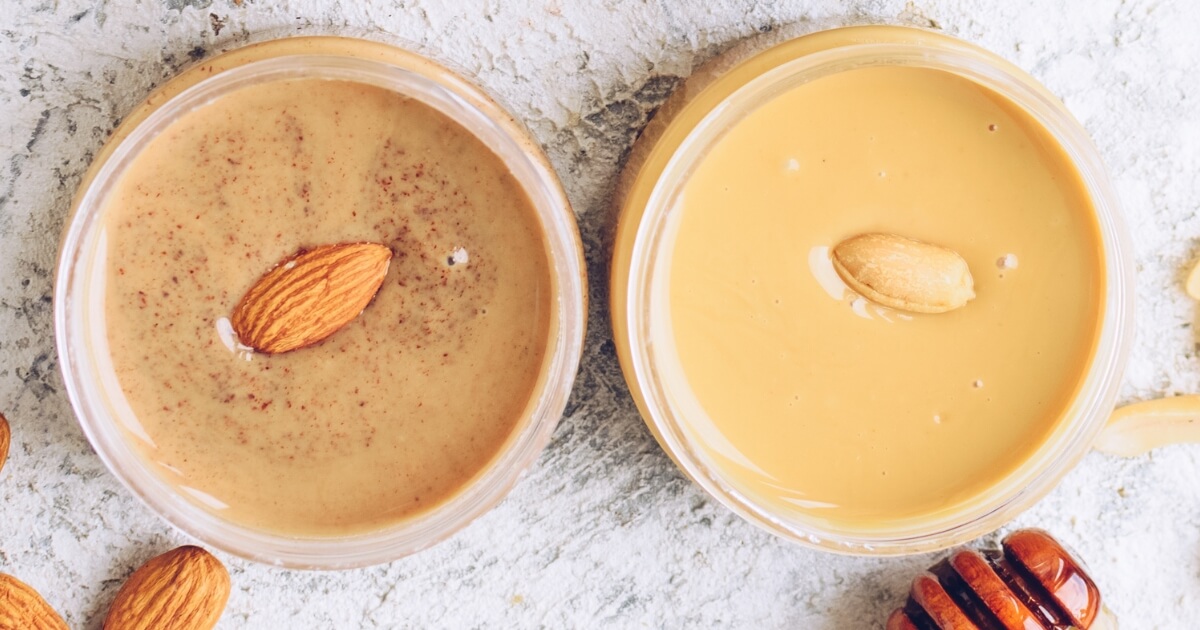
In this guide, I aim to simplify the choice between the two by breaking down the nutritional benefits, taste profiles, and various uses of almond butter and peanut butter.
So, as you hover between these jars, let’s see what sets almond butter apart from peanut butter and which one aligns with your taste preferences and dietary goals.
Almond Butter vs. Peanut Butter: At A Glance
Almond Butter:
- Richer in Vitamins and Minerals
- Lower Saturated Fat Content
- More Dietary Fiber Content
- Shorter Shelf Life
- More Expensive
Peanut Butter:
- Higher Protein Content
- Higher Sugar Content
- Rich in Biotin
- Longer Shelf Life
- Budget Friendly
Differences: Nutrition & Health Benefits
Both almond and peanut butter are little powerhouses of calories and good fats. If you’re chasing fiber, vitamin E, and magnesium, almond butter’s your pick. Craving more grams of protein? Peanut butter’s got you covered but is also much higher in sugar.
Check out this table to see how almond and peanut butter stack up nutritionally based on a 2-tablespoon serving.
| Nutrient | Almond Butter (per 2 tablespoon serving) | Peanut Butter (per 2 tablespoon serving) |
|---|---|---|
| Calories | 196 | 188 |
| Carbohydrates | 6g | 7.7g |
| Proteins | 6.8g | 7g |
| Total Fat | 17.8g | 16g |
| Sugar | 0.7g | 2.1g |
| Dietary Fiber | 3.2g | 1.8g |
| Calcium | 112mg | 17mg |
| Vitamin D | 0mcg | 0mcg |
| Iron | 1.1mg | 0.7mg |
| Potassium | 239.4mg | 189.4mg |
Source Data from nutritionix.com: Almond Butter and Peanut Butter.
Is Almond Butter Healthier than Peanut Butter?
You might think that almond butter is the healthier choice, but the differences between almond butter and peanut butter on the health front are close.
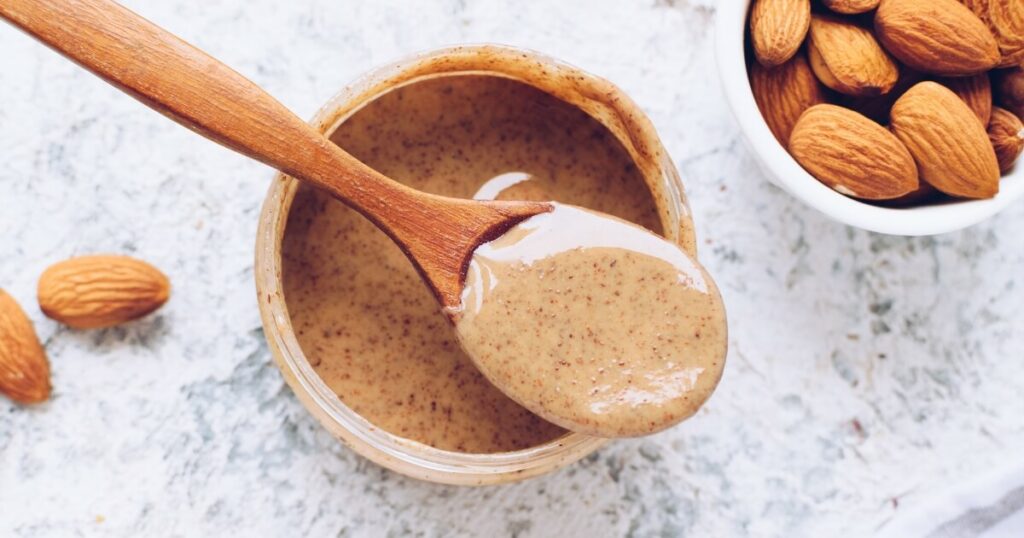
Almond butter edges ahead with its higher content of essential vitamins and minerals like Vitamin E, Magnesium, and Calcium. These nutrients are your go-to for bolstering bone health, heart function, and offering antioxidant protection.
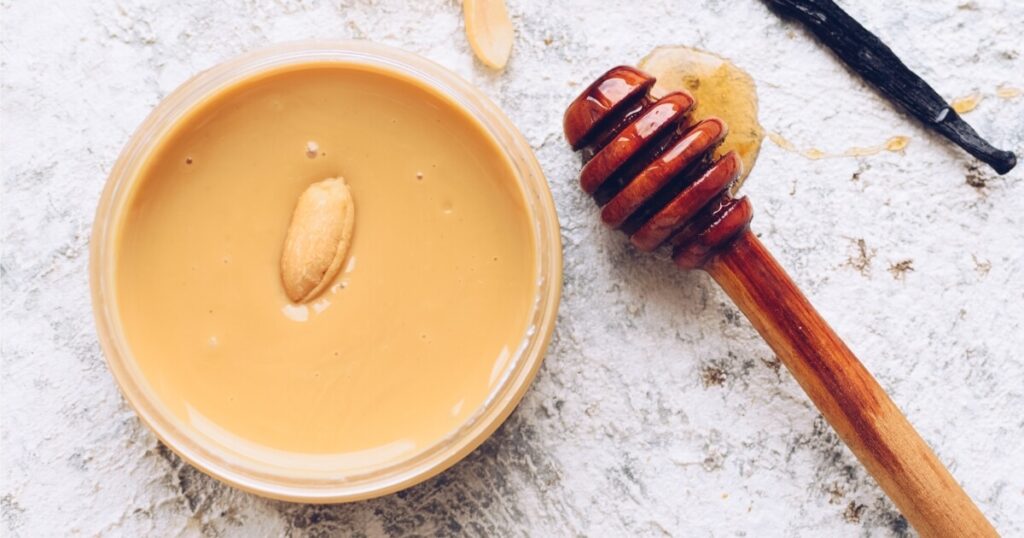
Peanut butter is your protein hero, offering more per serving—a real win for muscle repair and growth. Plus, it’s easier on the wallet, making nutritious eating a bit more doable for everyone.
But wait, let’s talk about sugar. Almond butter generally has less sugar, making it a better option if you’re watching your sugar intake. Peanut butter, especially commercial ones, can be loaded with added sugars. So, if you’re going sugar-conscious, read those labels carefully!
Allergy Concerns
Allergy concerns can’t be swept under the rug when dealing with almond butter and peanut butter,. Both of these come from different families: almonds from the tree nut family and peanuts from the legume family. Yet, they share a common potential to trigger allergic reactions in some individuals.
- Tree Nut Allergies: Almond butter could be a concern for those with tree nut allergies. It’s advisable to steer clear of almond butter if you’re allergic to tree nuts, as it can cause severe allergic reactions, including life-threatening anaphylaxis.
- Peanut Allergies: Peanut butter is a no-go for individuals with peanut allergies. Peanut allergy is quite common and can trigger serious allergic reactions. It’s crucial to avoid peanut butter if you have been diagnosed with a peanut allergy.
- Cross-Contamination: There’s also the risk of cross-contamination. If you’re allergic to either peanuts or tree nuts, be cautious when purchasing and consuming nut butters as they could have been processed in facilities that handle both peanuts and tree nuts.
It’s always smart to consult with your healthcare professional if you’re unsure about incorporating these nut butters into your diet, especially if you have known allergies or are introducing them to young children for the first time.
Difference: Flavor Profile & Texture
Almond Butter
- Sweet and slightly earthy.
- Mild nutty flavor and a hint of bitterness.
- Can be a bit gritty.
The taste of almond butter can be described as sweet and slightly earthy with a mild nutty flavor that’s less intense than peanut butter. Unlike peanut butter, almond butter has a hint of bitterness that adds to its unique flavor profile.
The natural sweetness of almond butter pairs well with a variety of foods, making it a multipurpose ingredient in both sweet and savory dishes. Its rich, nutty taste enhances the flavors of fruits, breads, and even smoothies, bringing a delicate yet distinct taste to the table.
Peanut Butter
- Stronger nutty flavor with a hint of sweetness.
- Hearty and comforting taste.
- Slight saltiness adds a savory touch.
- Known for its smooth, velvety, creamy texture (also available in crunchy varieties).
Peanut butter carries a stronger nutty flavor with a hint of sweetness, which can be more pronounced in brands that add sugar.
The taste of peanut butter is hearty and comforting. It’s a classic flavor that many of us have come to love since childhood.
And it’s that robust nutty flavor that makes peanut butter a loved ingredient for cookies. The slight saltiness in peanut butter also adds a savory touch, balancing its nutty sweetness. For those reasons, it’s a flavorful companion that you can add to many dishes.
Does Peanut Butter Taste Like Almond Butter?
Peanut butter and almond butter are like siblings—related, but each with its own personality.
Peanut butter is the bold one, with a robust, nutty flavor that’s a childhood favorite for many. Almond butter, on the other hand, is the sophisticated sibling. It’s got a milder, sweeter taste with a hint of earthiness.
However, almond butter also has a slight bitterness you won’t find in peanut butter unless it’s started to spoil. So, your choice between the two really comes down to what your taste buds are craving.
Want something familiar and hearty? Go for peanut butter. Looking for a milder, more nuanced flavor? Almond butter’s calling your name.
Difference: Cost and Availability
Almond Butter
The price of almond butter can be a tad higher compared to peanut butter due to the cost of roasted almonds. A jar can range anywhere from $7 to $20 or more, depending on the brand, quality, and whether it’s organic or contains additional ingredients.
The organic and natural varieties, free from added sugars and unhealthy fats, usually lean towards the higher end of the price range. It’s a little investment for a jar packed with nutrient-dense goodness.
- Grocery Stores: Almond butter is widely available in most grocery stores, nestled alongside other nut and seed butters.
- Health Food Stores: For a wider selection, especially of organic or specialty varieties, health food stores are a good place to scout.
- Online: Online marketplaces like Amazon or health food stores offer a plethora of options, often at competitive prices.
- Farmers’ Markets: Occasionally, local farmers’ markets might have stalls selling freshly made almond butter.
Peanut Butter
Peanut butter is a budget-friendly choice, with prices ranging from around $2 to $10 or more per jar, depending on factors like brand, quality, and ingredient list.
With a simple ingredient list, natural peanut butter can be a tad more expensive than versions with added sugars and fats, but it’s generally more affordable than almond butter.
- Grocery Stores: Peanut butter is a staple in nearly all grocery stores, with a variety of brands and types to choose from.
- Online: Buying peanut butter online can offer the convenience of choice and sometimes better prices, especially when buying in bulk.
- Discount Stores: Discount or bulk stores often have peanut butter at competitive prices, making it an easy go-to for budget-conscious shoppers.
- Health Food Stores: For natural, organic, or specialty peanut butters, health food stores are a good place to look.
Is Almond Butter Better Than Peanut Butter?
Deciding between almond butter and peanut butter is not a one-size-fits-all situation. Almond butter is your vitamin and mineral superstar, great for bone and heart health (Reduce Risk of Heart Disease). Peanut butter is the champ for more grams of protein, ideal for muscle repair.
Both are heart-friendly, but almond butter has the edge with less saturated fat and more fiber. On the budget side, peanut butter wins hands down. Allergies? Be cautious, as both have their own set of allergy concerns.
Taste is the wild card here. Some folks love peanut butter’s rich, robust flavor, while others are all about almond butter’s milder, sweeter notes. It’s all about what you’re looking for—nutrition, taste, or budget. Either way, adding a spoonful to your meal is a tasty way to get some nutritional goodness.

